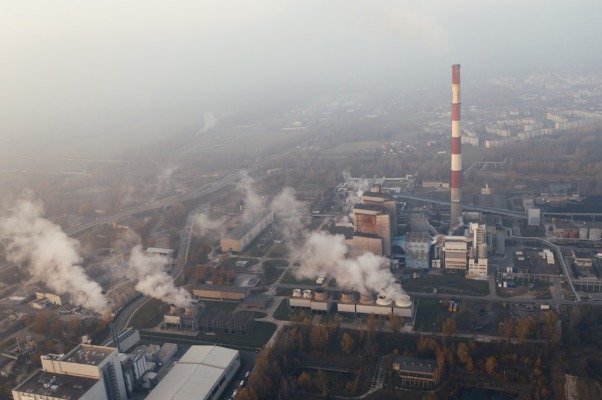Pune’s air quality has seen a significant dip, marked by a concerning rise in both PM10 and PM2.5 levels, which now exceed the Central Pollution Control Board’s (CPCB) recommended thresholds. According to data, the city’s Air Quality Index (AQI) registered at 180 on Tuesday evening, with PM10 levels reaching 146 and PM2.5 levels at 91. While Diwali festivities are often cited as a major factor for post-celebration pollution, environmental experts and civic officials highlight that several interlinked factors, including weather patterns, are also to blame for the deteriorating air quality across Pune.
A senior environmental officer from the Pune Municipal Corporation (PMC) explained that Diwali is not the sole factor in the city’s declining air quality. They noted that Pune’s air has been struggling with pollution issues, worsened by winter’s stagnant weather conditions, which trap pollutants closer to ground level. “The weather conditions this season have delayed the dispersal of particulate matter, combining with vehicular emissions to create smog. The situation worsens annually during winter, making air quality a persistent seasonal issue,” the officer remarked. He added that with Diwali, the AQI declined noticeably but was compounded by these adverse climatic conditions.
Further examining the city’s air quality trend, an ecologist pointed out that Pune’s pollution levels have been rising steadily over recent years, largely driven by urbanisation. Factors like increased vehicular traffic, population growth, and construction contribute significantly to air quality issues. “The bad air quality cannot be attributed solely to Diwali. Population density, constant traffic congestion, and urban expansion all play a role. These elements, along with the current weather, have created an air pollution scenario that requires holistic attention,” the ecologist stated, highlighting that structural issues in urban planning are aggravating the problem.
Pune’s pollution woes are emblematic of a wider sustainability crisis as cities grapple with balancing development and environmental health. The worsening air quality has raised alarms regarding public health and the need for stronger emissions control and urban planning reforms. Environmentalists argue that tackling Pune’s air quality demands a long-term vision focusing on sustainable transport, green urban spaces, and stricter pollution controls to alleviate the strain on air quality. As the city plans its growth, it will need to implement resilient measures that not only address seasonal spikes but ensure a healthier, sustainable urban environment for all residents year-round.


